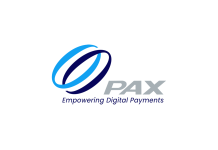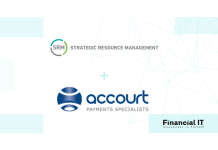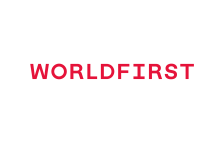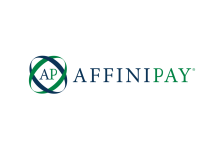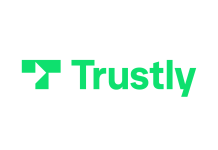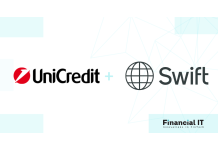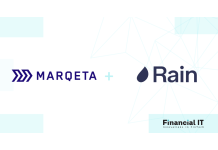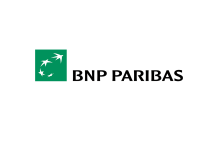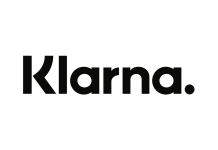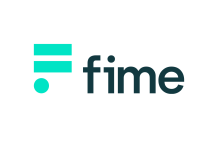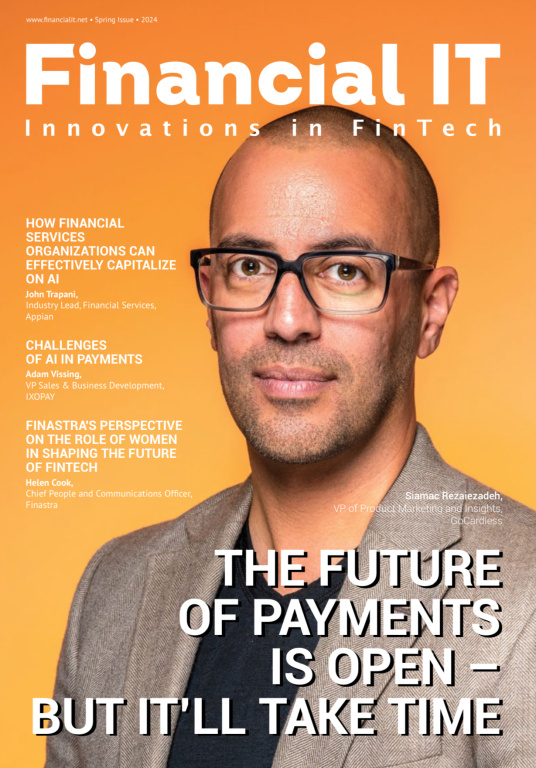PAX Technology, Inc. Unveils Revolutionary eSIM...
- 19.04.2024 12:25 pm
SRM Acquires Accourt Payments Specialists in United...
- 19.04.2024 11:05 am
WorldFirst Unveils Global Sourcing Payment Solution...
- 19.04.2024 10:35 am
AffiniPay Expands Into Puerto Rico
- 19.04.2024 09:15 am
The Way We Pay is Changing: Trustly Achieves 79%...
- 18.04.2024 03:25 pm
UniCredit Expands Swift GPI to Retail Clients
- 18.04.2024 02:45 pm
Marqeta and Rain Announce Partnership to Deliver...
- 18.04.2024 02:35 pm
BNP Paribas Brings Tap to Pay on iPhone to French...
- 18.04.2024 02:05 pm
Late Payments Causing a ‘Cashflow Crunch’ for SMBs
- 18.04.2024 02:05 pm
Visa Reimagines Payment Acceptance for the ‘Click-and-...
- 18.04.2024 11:30 am
New and Improved Klarna Card Announced in the US,...
- 18.04.2024 11:15 am
Fime to Support Set Up of UAE’s Domestic Card Scheme (...
- 18.04.2024 10:55 am


